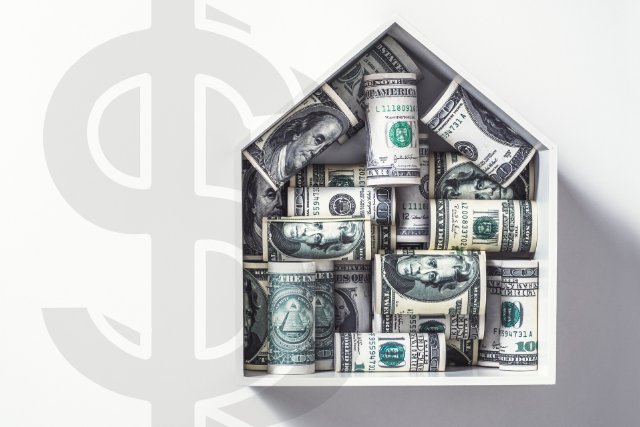
Well, unless you're eyeing a Veterans Administration loan, you'll need some coin to seal the deal on a house. How much, you ask? That depends on your chosen mortgage type (FHA or conventional) and, of course, your personal financial status. But here's a secret: the better your credit score, the less likely lenders will demand a mountain of money upfront.
So, let's talk numbers. If you're looking at an FHA loan and your FICO score is chilling between 500 and 579, you'll probably need to save up for a 10% down payment. But if your score is hanging out at 580 or higher, you might qualify for a more chill 3.5% down mortgage.
Now, conventional mortgages can be a bit more high-maintenance, often demanding higher down payments. Generally, a FICO score around 680 will start turning heads for a 5% down mortgage. But there's no universal rule - lenders are an unpredictable bunch. And if you're not a fan of PMI (Private Mortgage Insurance) costs, you might want to consider a VA loan (if you're eligible), or buckle down and save up a solid 20%.
Alright, so how do we start stacking this cash? Here are some tips for the treasure hunt:
Safety First: Unless you're planning to wait eons to buy your home, don't gamble your savings on high-risk investments. If everything goes to plan, you'll have your down payment ready in a year or two, and the last thing you need is a market crash derailing your dream of a new crib.
Liquidity is Key: Don't lock away your gold where you can't reach it. Your savings should be quick to access without costing you an arm and a leg.
Reasonable Returns: It's great to see your money grow, but don't sacrifice safety for a high return. Remember, the goal is homeownership, not playing fast and loose with your cash.
Seek a Guarantee: Yes, all investments carry a level of risk. But some financial shelters offer written guarantees, like checking and savings accounts, or share savings certificates at credit unions. These come with a failsafe guarantee of up to $250,000 if the credit union goes belly up. Banks have similar arrangements with the Federal Deposit Insurance Corporation.
So where should you stash your savings? Here's a rundown of some reliable options, along with their pros and cons:
Cash: It's easy to hide cash under a mattress or in a coffee can, but this method has more risks than a pirate's life - theft, flood, fire, or simply misplacing it. Plus, it won't grow over time.
Checking or Savings Accounts: They might not yield massive returns, but they're safe, convenient, and your balance is guaranteed up to $250,000 per account holder. Credit unions often offer better deals due to being mutually owned by depositors just like you.
Certificates of Deposit (or "share savings certificates" at credit unions): These usually offer higher yields and also have federal insurance coverage. However, you'll need to commit your treasure for a certain period, and breaking this commitment can cost you a penalty.
Money Markets: These mutual funds are made up of low-risk, short-term bonds and aim to maintain a stable per-share price. They might offer higher yields and don't require a time commitment, but there's always a chance you could lose money.
Other options include:
Permanent Life Insurance: Your policy accumulates cash value over time, providing a steady saving platform.
Individual Retirement Arrangements (IRA): You can withdraw up to $10,000 for your down payment with no penalty.
Thrift Savings Program (TSP): If you're a federal employee or military member, TSP allows borrowing for a down payment on favorable terms.
401(k) Loans: Some employers allow you to borrow from your 401(k) but be aware of potential taxes and penalties.
And a bonus tip: Try saving the equivalent of your projected monthly mortgage payment. This way, you'll know you can handle the payment and you'll also build up your down payment nest egg faster.